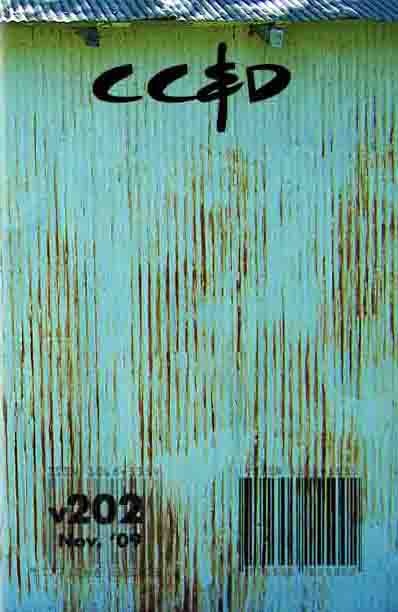



This appears in a pre-2010 issue
|

|
|
|
| ||
|
Download (PDF file of the full book, in color): $4.95 paperback (5.5" x 8.5") w/ b&w interior pages: $18.95 hardcover (6" x 9") w/ b&w interior pages: $29.95 paperback (6" x 9" perfect-bound book) w/ color interior pages, for 89.95 hardcover (6" x 9") w/ color interior pages, for $74.95 |
 |
|
| |
![]()




